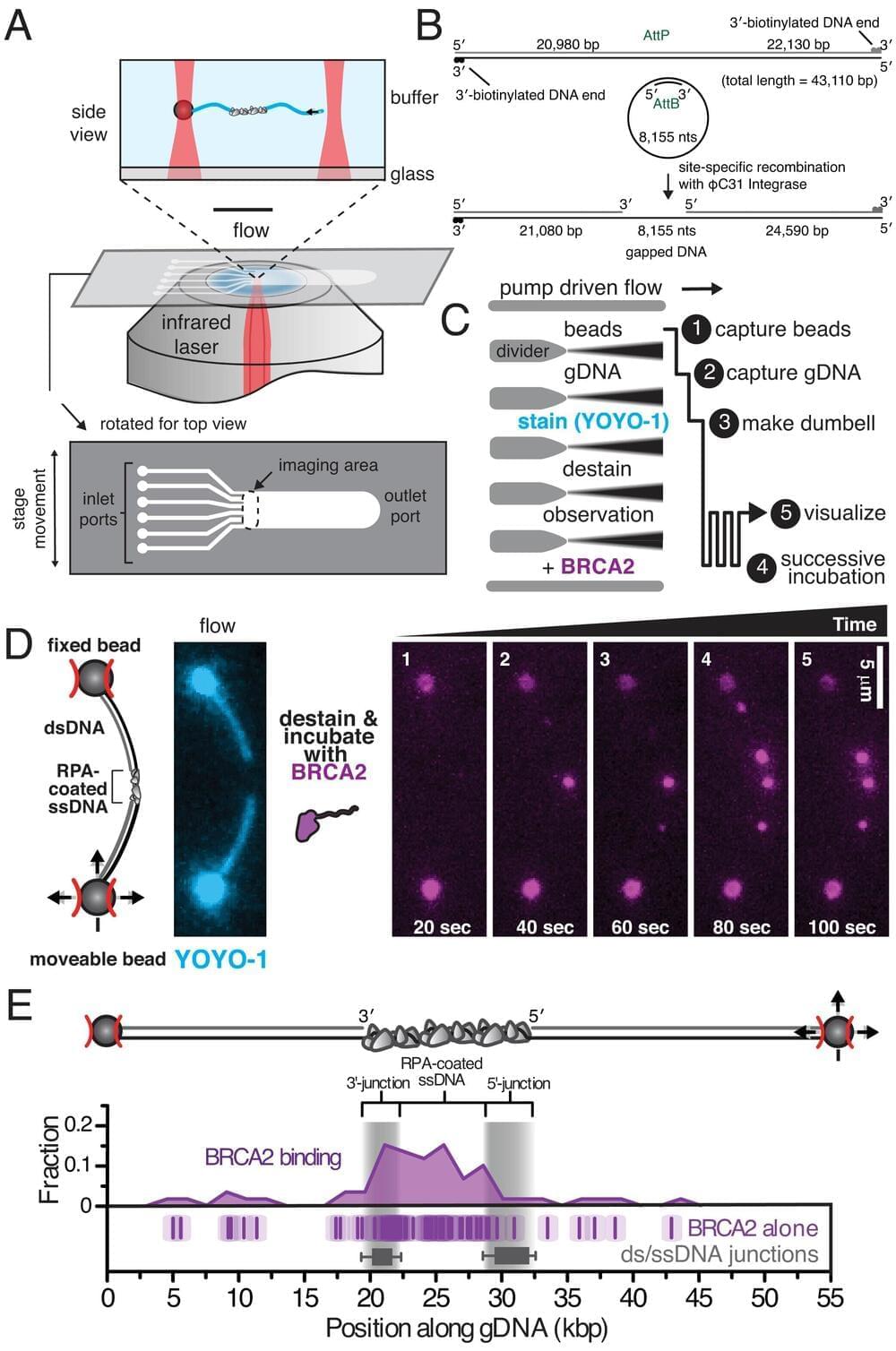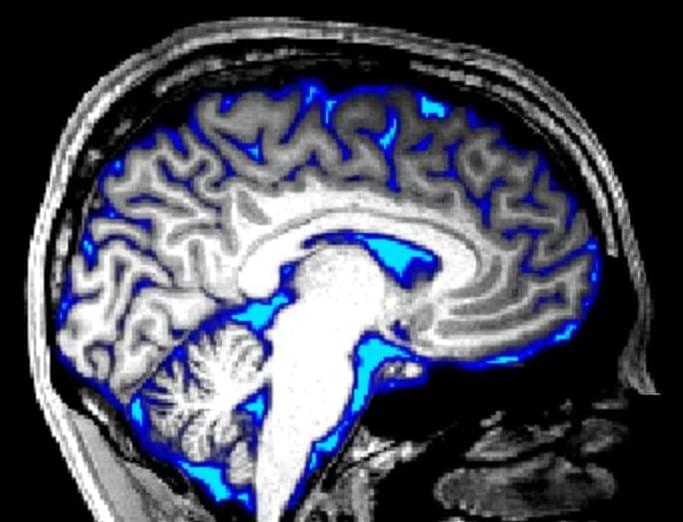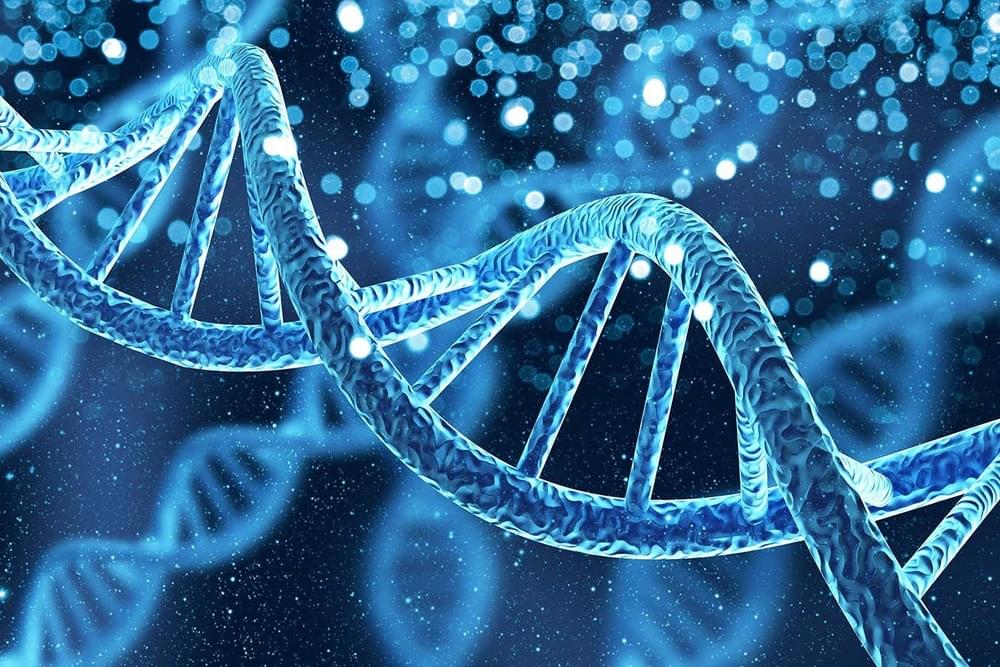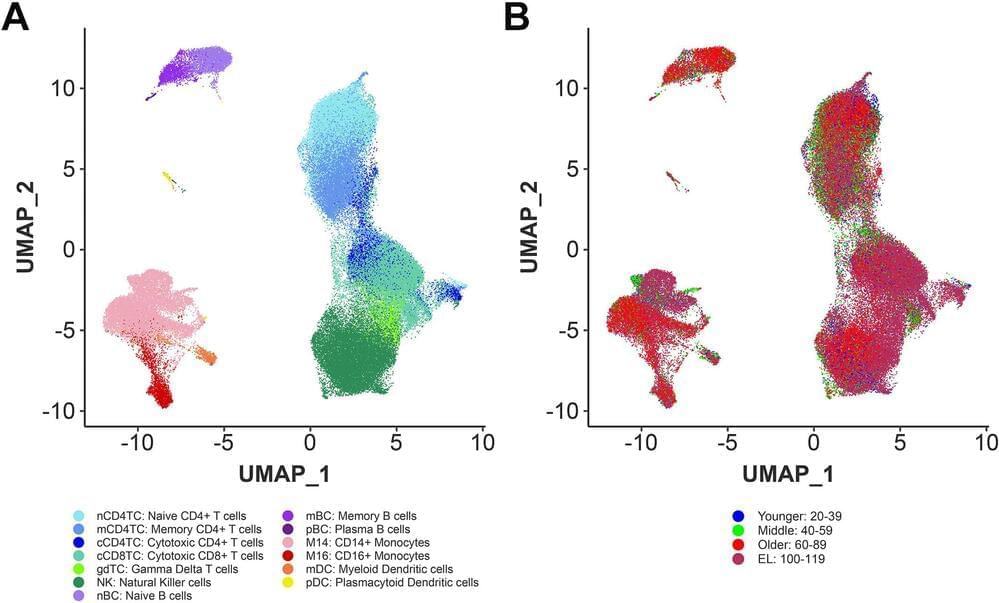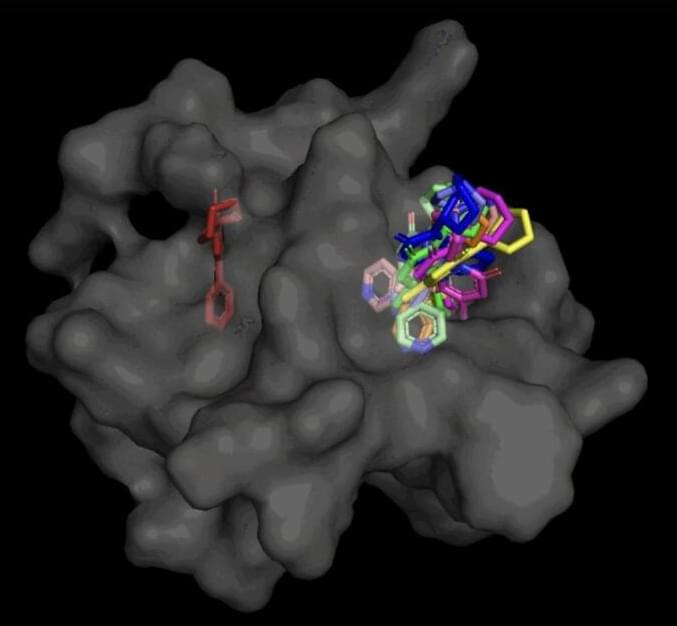Using a self-built inverted microscope complete with laser optical tweezers to capture DNA, Yale Cancer Center and University of California Davis researchers for the first time created a visualization of the full-length human BRCA2 protein at the single molecule level.
Mutations in the breast cancer susceptibility gene, BRCA2, can significantly increase an individual’s lifetime risk of developing cancer. Approximately one in every 400 people carry a BRCA gene mutation accounting for a significant proportion of cancer that is heritable. The study was published on March 28 in the Proceedings of the National Academy of Sciences.
“If you carry a BRCA mutation, you have this incredibly high risk for breast and ovarian cancer, and also for men, prostate and pancreatic cancer,” said Yale Cancer Center member and co-author of the paper, Ryan Jensen, Ph.D., who is also an associate professor of therapeutic Radiology at Yale School of Medicine.
